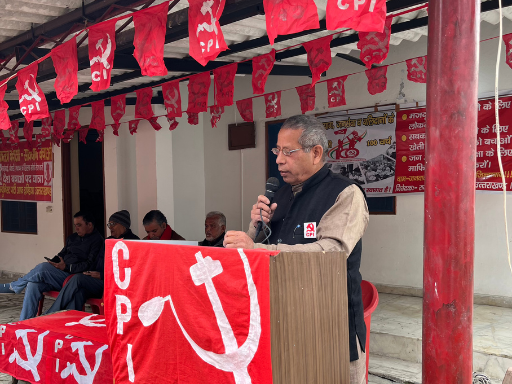India must adopt a multi-faceted strategy to generate jobs rather than focusing on a limited number of sectors, according to Gita Gopinath, the First Deputy Managing Director of the International Monetary Fund (IMF). In an interview with NDTV, she highlighted that disruptions caused by artificial intelligence (AI) in the job market would have a relatively smaller impact in India, as a significant portion of the workforce is employed in labor-intensive agriculture.
“India has shown impressive headline growth, making it the fastest-growing major economy globally,” Ms. Gopinath remarked. “Over the past decade, the country’s growth rate has averaged around 6.6 percent. However, this growth has been more capital-intensive, with less emphasis on job creation.”
To address this, Ms. Gopinath outlined several key steps for generating more employment opportunities in India.
“In the short term, enhancing the ease of doing business is crucial. We observe positive examples in states like Gujarat and Tamil Nadu. Removing trade barriers is also essential. While public infrastructure investment is already underway, further efforts in this area will be beneficial,” she noted.
For sustained growth, Ms. Gopinath emphasized the importance of investing in human capital and expanding the workforce. “India’s workforce has fewer years of education compared to its peers, making it vital to raise the skill level across the country,” she added.
She stressed that job creation must be approached on multiple fronts, given the large numbers involved. “Targeting just a few areas won’t suffice; broad-based job creation is necessary,” she said.
Addressing concerns about AI’s potential to disrupt job creation in India, Ms. Gopinath pointed out that only 10 percent of the workforce is at risk of being displaced by AI. “Given that the majority of India’s workforce is engaged in labor-intensive agriculture, the impact of AI will be limited. While 24 percent of the workforce is exposed to AI, only 10 percent is at risk of displacement,” she explained.
As the IMF’s First Deputy Managing Director, Ms. Gopinath oversees staff operations, represents the fund at international forums, and maintains high-level contacts with member governments, board members, media, and other institutions. She also leads the IMF’s surveillance work and research initiatives. Before her current role, she served as the IMF’s Chief Economist from 2019-22, where she acted as the Economic Counsellor and directed the Research Department.











